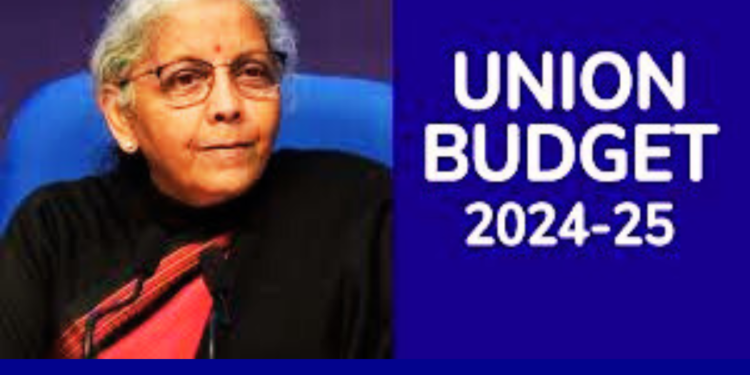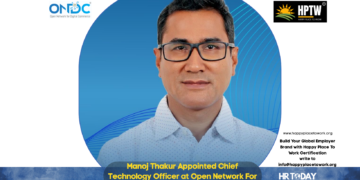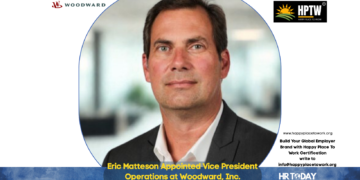The time of the year has come when India Inc. eagerly awaits Union Finance Minister Nirmala Sitharaman to open her DIGITAL ‘Red Colour Bahi-Khata’, which will decide the country’s economic future. However, this is an interim Budget. An Interim Budget’ is tabled in an election year after every five years when the nation goes to the polls to elect a new government. This ensures that expenditures are not restricted till a new government takes charge and tables the formal annual Budget plan. Considering the momentum of the Narendra Modi-led BJP Government, Interim Budget will not be a cold affair. Expectations are high.
To understand the expectations, Dr Sunil Singh, Editor-in-Chief of HR Today, had an in-depth interaction with various industry leaders to understand key expectations from the upcoming Budget.
Every sector has some expectations, from automobiles, IT, mining, ports, healthcare, tourism, education, infrastructure, and finance to the salaried class—a continued focus on boosting growth, innovation and well-being for everyone.

Meanwhile, talking about Labour Laws, Neelanjana Singh, CHRO, ORIX India, said there is a need to simplify these to reduce better adherence and the cost of compliance. She also strongly argued for the extension of social security to gig workers. She also advocated for more women’s participation in the workforce through innovative incentivisation. She also advocated for increased retirement income, given that all the tax incentives under salary are no longer available.
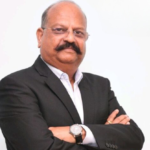
Senior leader Dilip Sinha, CHRO, Vedanta (Aluminium Business), echoed the views of Neelanjana Singh and said, “The reform of Labour Laws with respect to modern work culture (flexible and hybrid policies) is the need of the hour”. He also said that we need policies which reduce compliance complexity, foster talent development, and support start-ups through more inclusive and flexible fiscal incentives while adding policies towards proactive measures to encourage women to re-enter or remain in the workforce.
Speaking about the budget expectations, he said, “The government should continue doing good work by inducing more autonomy in Regulatory boards so that they can work easily by adapting to progressive policies. During the interaction, he also brought up one important factor: we need to do a lot more toward removing bureaucratic hurdles and attitudes for faster growth across sectors. The conducive environment to do business is still far.
Emphasizing further, Sinha said, “Several companies which are not doing well and are under National Company Law Tribunal (NCLT) should be handed over to the private players so that they can shine and contribute to the growth.
As far as the industry is concerned, he said, “The government should support production-linked Incentive (PLI) schemes by offering better provisions and an environment for growth. He also said the government must support renewable energy adoption and boost the use of natural resources. It will help in Environmental, Social and Governance (ESG) by promoting EVs to reduce dependence on fossil fuels, further addressing the menace of air pollution.
Besides talking about these important factors for the employees, he too believed in bringing dropped-out women back into the workforce. He also advocated for better healthcare facilities and cheaper public transportation simply because they are the bedrock of progressive policy.

Dharam Rakshit, Head HR, Hero Motor Corp, advocated for the simplification of tax regimes from two regimes to one common Tax regime. This will help clear a lot of confusion arising from the two tax regimes.
While talking about the macro-economic environment, he said that over-reliance on services will not help us achieve our GDP Target; there must be a roadmap for greater investments in the manufacturing sector. He added that the government should create situations to encourage manufacturing investments in underdeveloped states instead of all manufacturing investments in developed states.
When asked about the automobile industry, he said more R&D infrastructure is needed as alternative fuel uses change. This can’t be left alone to automobile sector organizations. He emphasised the need for Government-led R&D structures that can focus on design studies, alternative fuel technology studies, EV standards, etc. This structure should be a joint platform of Public and private partnership. On being asked about subsidies to promote EVs, he suggested that a better mechanism would be to focus on reducing input costs by reducing import duties on batteries and encouraging EV battery production in the country. We must focus on input costs; Subsidies are BAD for the Economy.
On asking about the consumer’s point of view on encouraging alternative fuel vehicles/ EVs, he said that current GST rates are high and need to be rationalised if we have to promote EVs.

Arjun Singh, CHRO, Dixon said that he has high hopes from the Government from the Budget this year. While elaborating further, Singh said, “Investment in education and skill development programs are critical for the long-term growth and well-being of the population. Budget provisions for improving the education system and enhancing the skills of aspirants may be anticipated. This way, it will create more and better job opportunities”.
He also emphasized the need for changes in taxation policies and economic reforms, which can significantly impact individuals and businesses. “People often look for policies that promote economic growth while ensuring a fair and equitable distribution of the tax burden”.
From the budget perspective, “Employees often look for policies and allocations that directly or indirectly affect their financial well-being, job security, and overall quality of life. He also talked about healthcare and insurance schemes for employees in the wake of the COVID-19 Pandemic.
In conclusion, he said, “Budget provisions that strengthen social welfare programs are always welcome.”

Meenakshi Chillar, Head of India – HR, Gainsight, agreed to simplify tax slabs, especially for the working class. She said, “Given the escalating cost of living, impending economic challenges, and elevated interest rates, that government must focus on elevating the basic tax exemption limit from Rs 2.5 lakhs to a minimum of Rs. 5 lakhs. She also opined that Hyderabad, Pune, and Bangalore are on the list of metro cities for HRA exemption.
Speaking about expectations of the IT industry, she anticipates the government to streamline labour laws, aligning them with the evolving nature of work. This alignment is crucial for formulating policies accommodating remote and hybrid work arrangements. Furthermore, as technology disrupts traditional skill sets, we hope the government will incentivize companies to invest in reskilling and upskilling talent development programs, such as generative AI. Additionally, there is an expectation for focused initiatives to enhance workplace diversity, supported by tax incentives for companies actively promoting these efforts.
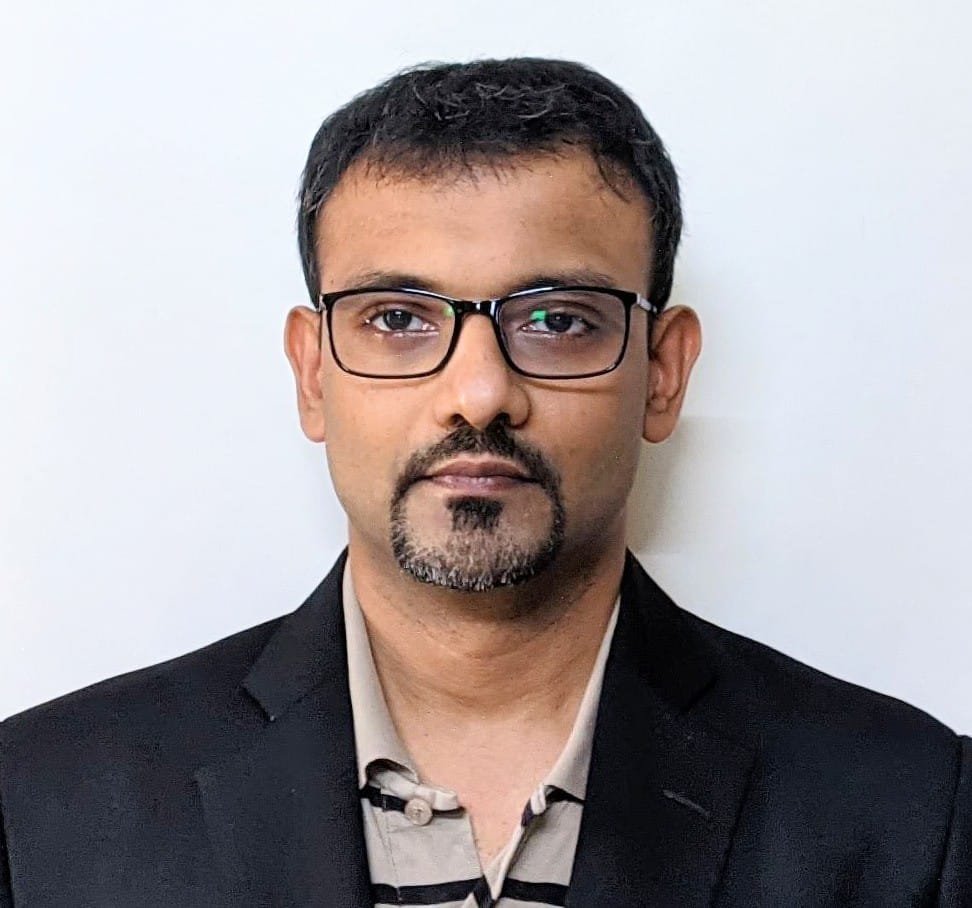
Sajil Paul, Senior Vice President (Corporate HR and Strategic Communications) at Edelweiss Financial Services Limited, anticipates adjustments to personal income tax slabs, professional expense deductions, and enhanced tax benefits for employer-provided health insurance. He asserted, “Could the budget encourage flexible work arrangements or work-from-home policies through tax benefits? Boost Productivity (commute time issue, mindset change)”.
Additionally, Paul underlined the need for funding and processes for reskilling channels on AI and digital skills for rural India to increase the skilled workforce in this area, which will benefit the government’s Skill-India scheme.
He also expects regulation for financial services startup startups to be streamlined to boost employment. Considering the recent scenario, there also needs to be more employment opportunities for white-collar jobs.
Arjun, Neelanjana, and Meenakshi added that there is an expectation for focused initiatives to enhance workplace diversity, supported by tax incentives for companies actively promoting these efforts.

Priya Ranjan Kumar, Vice President, HR JSW Steel, also voiced that salaried employees expect the Union Budget 2024 to lay a strong roadmap for economic growth and continue the momentum to create new job opportunities across sectors, resulting in better opportunities for all. He also echoed the views of the HR fraternity for the rollout of four long-pending labour codes, which would ease compliance. He is also looking for further govt intervention in upskilling initiatives, which would work as a catalyst in India’s growth story.

One of the most important sectors that need immediate attention is healthcare infrastructure. According to Devi Prasad Dash, CHRO, Apollo Health and Lifestyle Ltd., “As we approach the forthcoming budget, I believe that the diagnostic industry is on the verge of a crucial juncture that could significantly shape the future of healthcare in our nation. I believe that the budget should be visionary, acknowledging the indispensable role of diagnostics in the healthcare ecosystem. I expect policymakers to prioritize strategic investments that promote innovation, accessibility, and the highest standards of diagnostic services”.
He further said that the diagnostic industry stands at the forefront of preventive healthcare, critical in early detection and disease management. I hope for a budget that recognizes the pivotal contribution of diagnostics and allocates resources to enhance infrastructure, technology, and skilled personnel in this sector.
He broadly explains that the recent emphasis on preventive initiatives in healthcare also aligns with his perspective. “As we aspire for a healthier India, I advocate for a holistic approach in healthcare that goes beyond traditional boundaries. The Economic Survey of 2023 highlights the need for a substantial increase in healthcare expenditure, projecting a rise from 2.1% to over 2.5% of GDP by 2025,” he added.
“A holistic approach should recognize the crucial role of alternative healthcare sectors. Alternative medicine, emphasising preventive healthcare, targets holistic well-being, stresses lifestyle changes, adopts an individualized approach, and employs stress reduction, natural therapies, and healthy habit promotion”.

Adding more to the interaction, OP Singh, Group CEO of AKUMS, said, “More free-economic zones with incentives like income tax benefits, excise duties along with R&D is required for the manufacturing sector to meet the domestic and global market demands”.
All in all, India Inc is rooting for a visionary interim budget, which will set the tone for India’s economic growth after the General Elections in the country.
